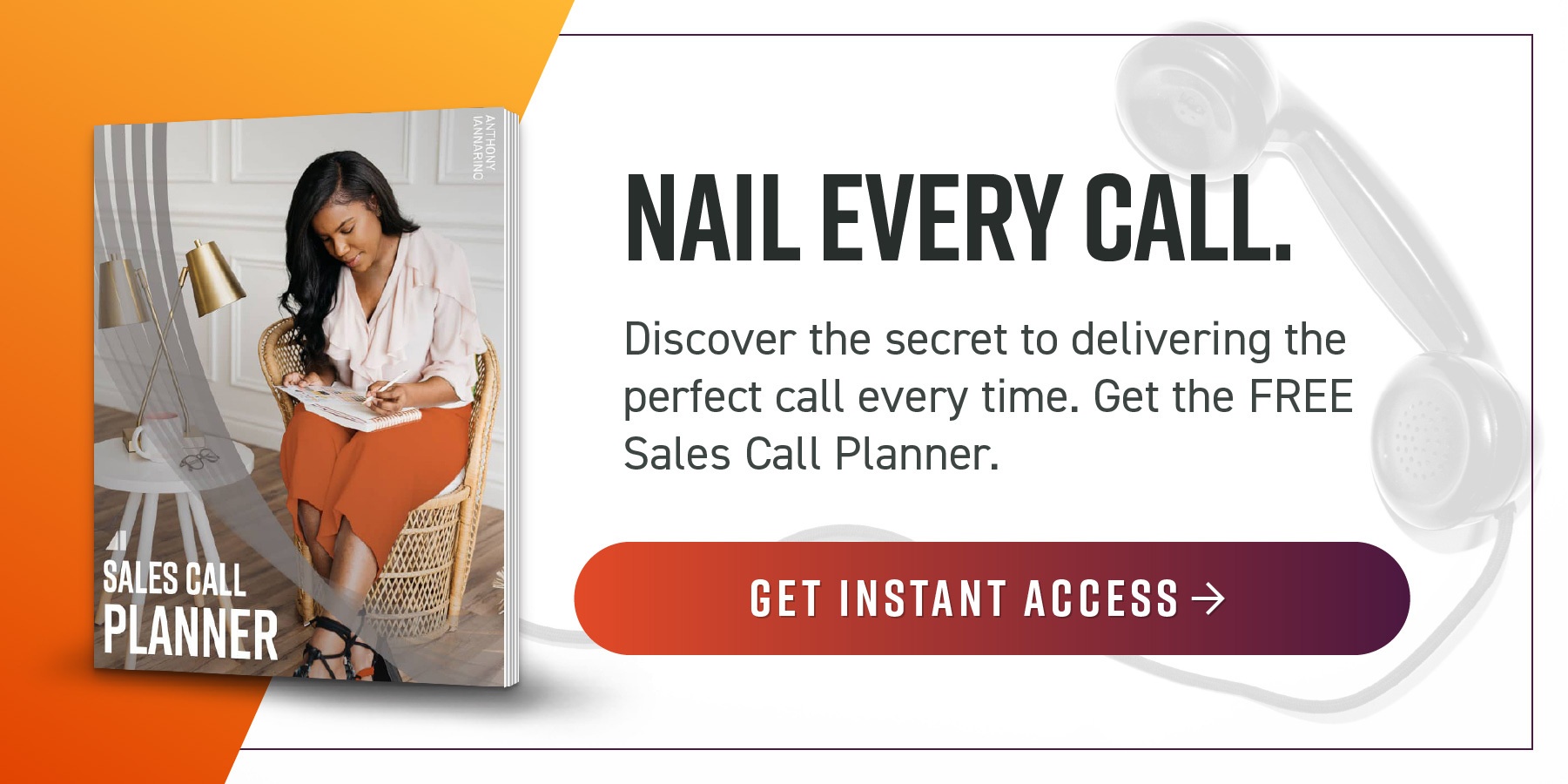Selling effectively in the 21st Century requires asking clients a new set of discovery questions. These new questions produce new and different outcomes. This post will help you improve your sales results by adding new strategies to your discovery calls.
Most questions in a discovery meeting acquire information. Neil Rackham's work in SPIN Selling (1988) is still being used today. Salespeople still ask "situation" questions that provide them with the necessary information. They follow these questions with "problem" questions, the questions that elicit the client's problems. What comes next are "implication" questions, requiring the contact to recognize the cost of their problem. Finally, the salesperson is supposed to ask "need-payoff" questions, explaining the benefit of solving their problem.
Most salespeople are comfortable with situation and problem questions. Better salespeople are comfortable with implication questions. I have never encountered a salesperson who asked "need-payoff" questions. It can feel like a tie-down, and it seems to make salespeople uncomfortable.
New Outcomes and New Questions
What if there were questions that allowed you to create greater value for your clients? What if you could ask questions that none of your competitors have ever asked? What if instead of limiting your questions to learning what you need to know you could ask questions that help your client learn something about themselves and their undesirable results?
It's almost certain you have asked a question that provided the client more information than it provided you. While I have no way of knowing the question, I know the exact words of your contact's response. They said: "That's a great question!" This statement proves the client learned something valuable.
Enabling a modern sales approach requires questions that inform and educate your contacts. The questions your client can't easily answer are some of the most powerful questions you can ask in discovery. These questions create an outcome unavailable to salespeople who ask the common questions. That outcome is the client recognizes the salesperson is One-Up. The nature of being One-Up is that the salesperson has greater knowledge and experience than their prospective client.
A Set of Starter Questions That Help Your Clients Discover
Instead of asking questions to acquire information, these questions provide the client with information or recognize something that was unknown to them.
Updating the Client's Assumptions: One key to helping your client recognize they need to change is to help them recognize they are working from a poor set of assumptions.
Customer Discovery Question 1: What do you make of the latest data on [Insert Topic]?
There are two responses you can expect. The first is, "I am not sure I've seen it," in which case, you can provide it. The second is, "Yes. We've seen it." Your follow-up question here is, "What does it mean for you and your company?" This question causes the client to recognize something has changed.
Facilitating the Buyer's Journey: A person required to make a decision they make only a few times will not have the experience as a salesperson who helps their clients with this same decision every day.
Customer Discovery Question 2: Have you already started to build consensus inside your organization, and is your company prepared to change?
You are almost certain to hear a hedge like, "We've had some initial conversations." This question causes the client to recognize they will need consensus. Acknowledging that consensus is necessary serves both you and your client by starting the process earlier. It prevents your deal and your client's change initiative from ending in a "no decision."
Compelling Change: Much of the time, people don't change until they experience poor result. A large percentage of your prospective clients would benefit from changing before they fail.
Customer Discovery Question 3: Is it better to change on your timeline, and what challenges would you expect if forced to change on a timeline not of your choosing?"
This question provides the client with a warning that, should they be forced to change later, it may harm their business. Because we are charged with helping our clients, we are obligated to proactively help them change. There is little chance your contact will suggest it's better to change on a timeline imposed on them. Your follow-up question is, "When is the best time to make this change?"
Making a Good Decision: It is your responsibility to ensure your client makes the best decision. It's also your duty to help them improve their results.
Customer Discovery Question 4: Have you determined which of the four models in our industry will work best for you?
The chances your client is aware of the different ways companies deliver value is essentially zero. This question invites a conversation that allows you to help your client to recognize the undisclosed concessions they are agreeing to when they choose that model. It arms your contacts to improve their decision by avoiding poor results and buyer's remorse.
Differentiation in Customer Discovery
The contest isn't between your company and your competition's company. Nor is it a match between your solution and the many other solutions your client might choose. Instead, it is a contest between salespeople with the winner being the one that creates the greatest value for their prospective client.
It's important to remember your client is trying to decide how to improve their results. One way you help them attain those outcomes is by asking them questions that inform their decisions. Some of the most powerful customer discovery questions you can ask are questions that help your client learn something about themselves.
The modern environment has caused your prospective clients to need greater insight, perspective, and help to make good decisions. By adding different customer discovery questions, you help your client improve their results. Improving your clients’ results is how you improve your own.















